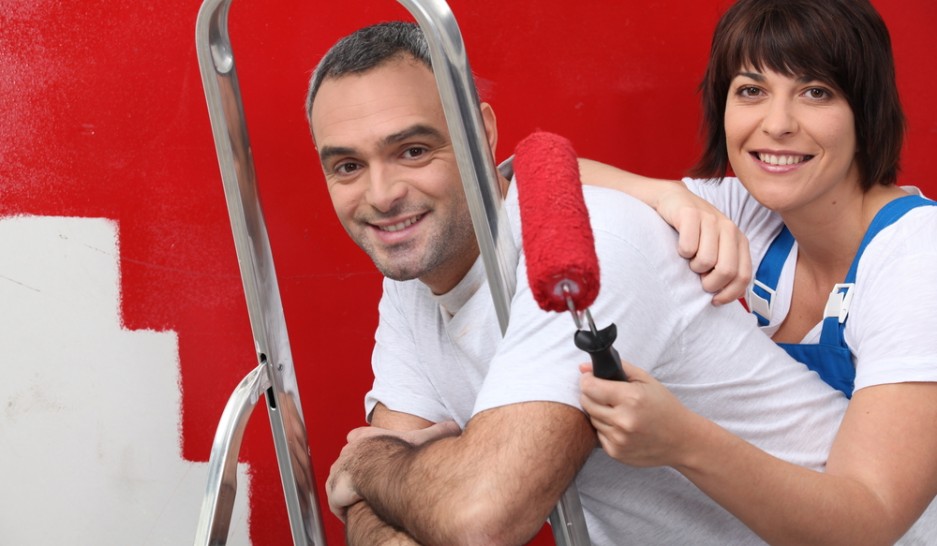Research from Your Move and Reeds Rains showed sales in July rose by 25% year-on-year while the average deposit size fell by 10% to £26,642.
Over the same period, the average first-time buyer loan-to-value (LTV) increased to 82.9% from 79.5%.
David Brown, commercial director of parent company LSL Property Services, said: “A whole generation of young buyers were trapped on the side-lines of the property market as the economy recovered from the recession. They struggled to save for a deposit whilst inflation remained stubbornly high, savings rates were stuck at a historic low, and real wages fell.
“But the recent increase in high LTV lending options, enabled by Help to Buy, has allowed them a shot at getting on the ladder at long last, and the number of first-time buyers has climbed to a seven-year high.
The stock of affordable housing is falling forcing first-time buyers to stretch their budgets to snap up more expensive homes.
In July, there were 13,256 approvals on properties worth £125,000 or less, 13% fewer than 12 months ago, according to figures released by surveying firm e.surv.
The average first-time buyer purchase price rose 8% over the last year and 6.5% over the last three months to £155,844 in July.
Simultaneously, average first-time buyer mortgage rates climbed for the fourth consecutive month in July, up from 3.99% in March to 4.19% in July.
In the last three months they have climbed 0.14 percentage points.
As a consequence, first-time buyer mortgage repayments have risen as a proportion of income. Over the last three months they have climbed from 21% of a first-time buyer’s income to 22.6%.
Brown said: “The urgency among first-timers to lock into cheap fixes is propelling activity at the bottom of the market.
“Fixed deals have already started getting more expensive, as banks raise rates in anticipation of a potential interest rate rise.”
















